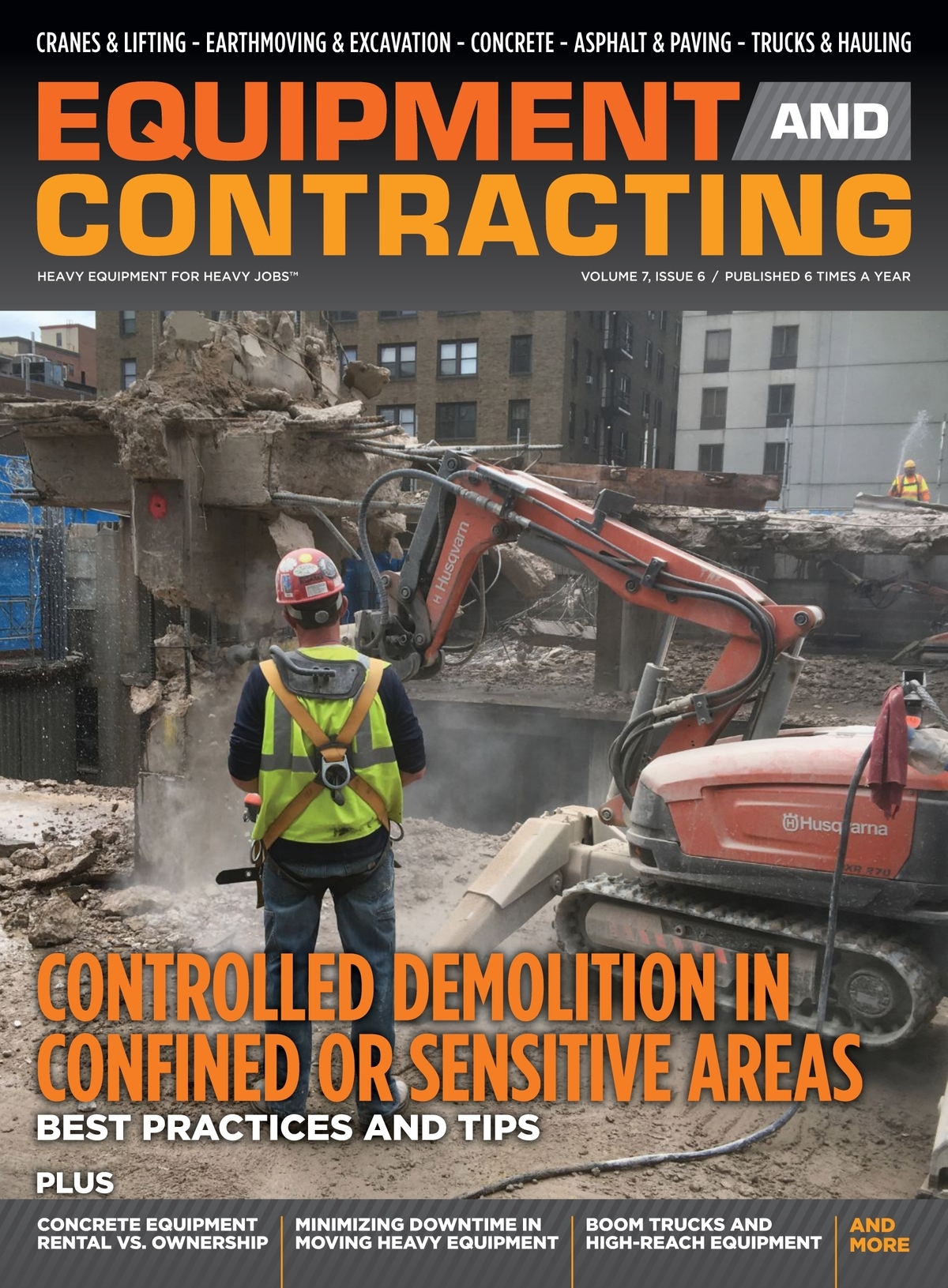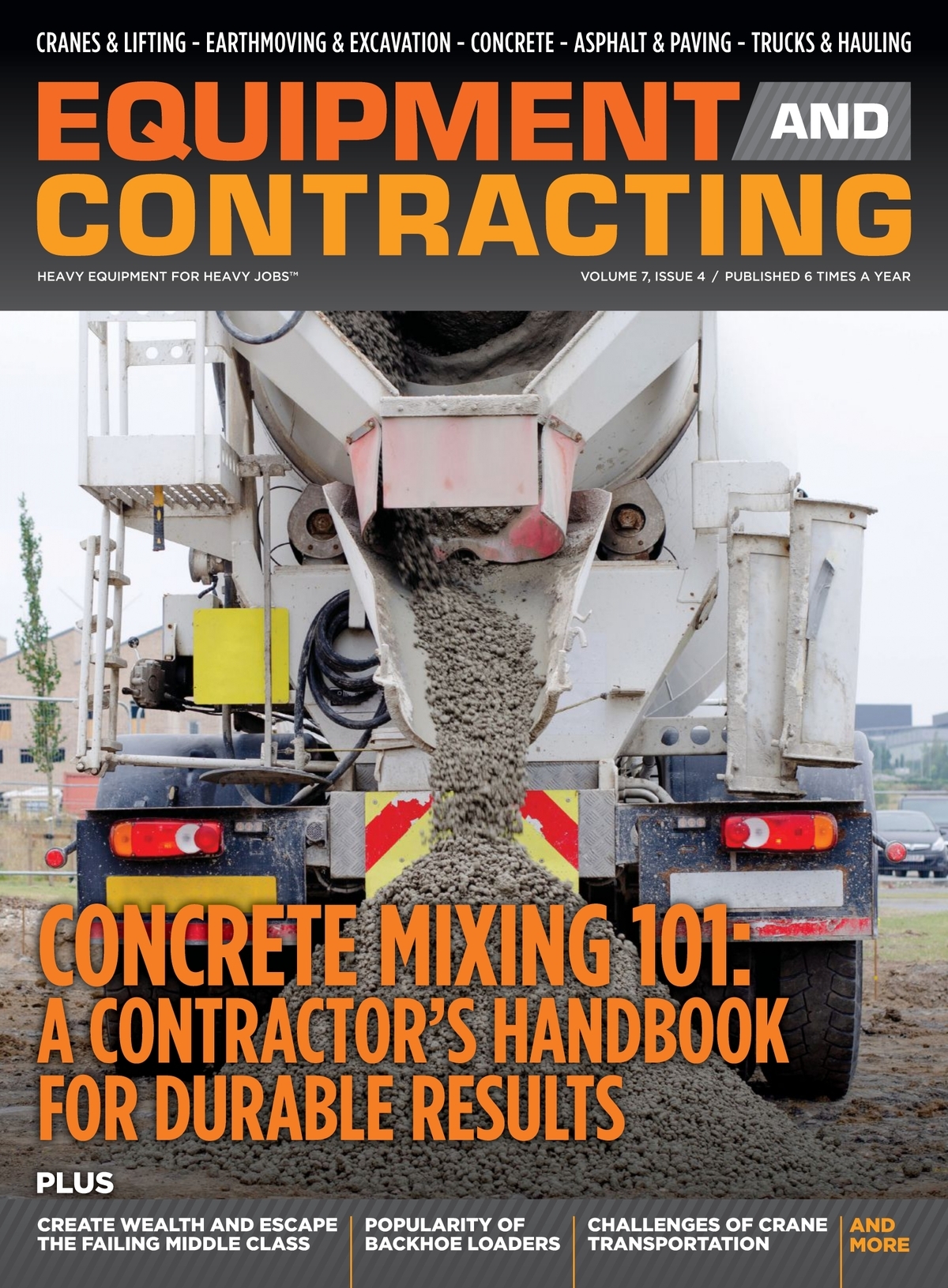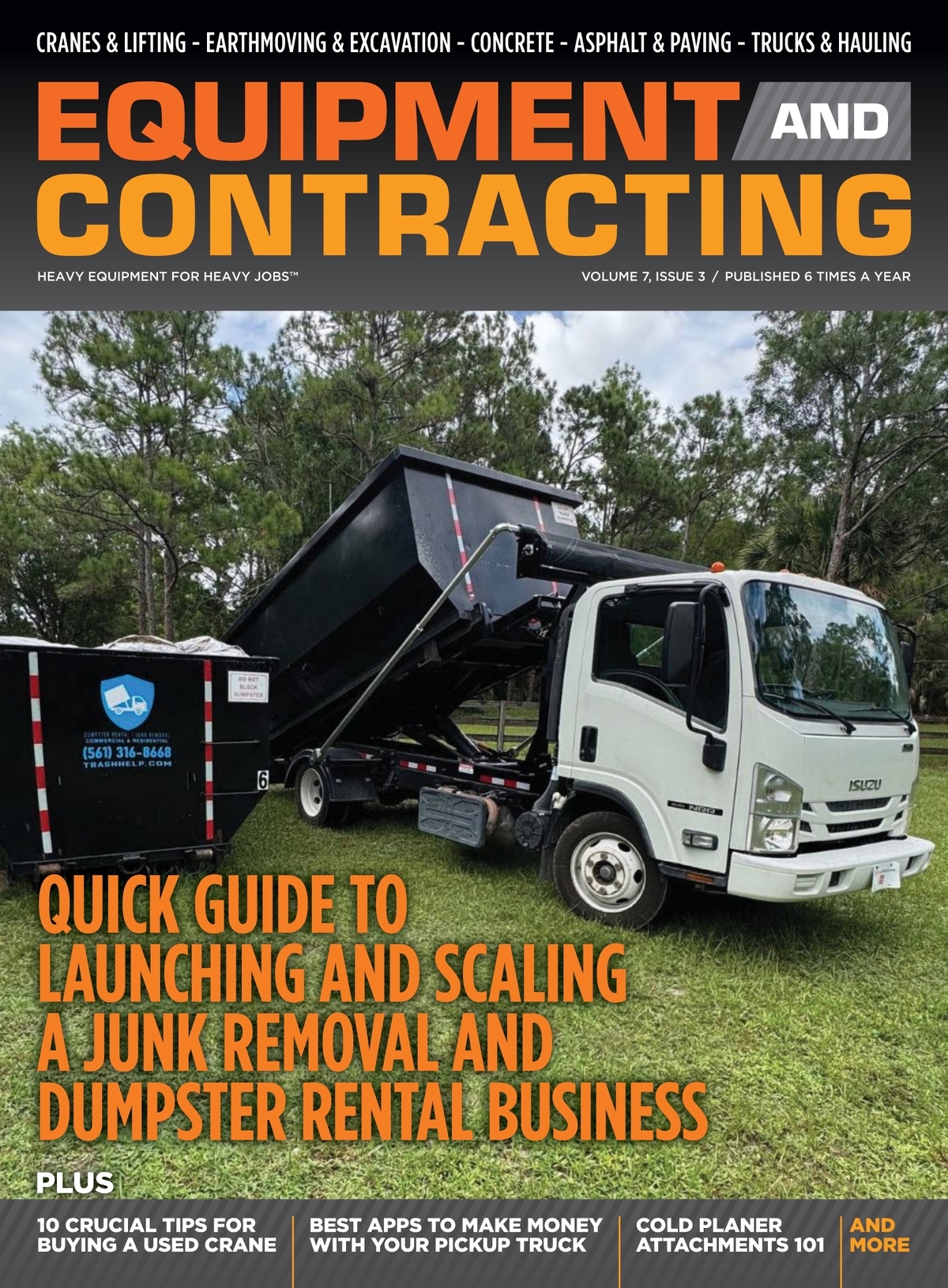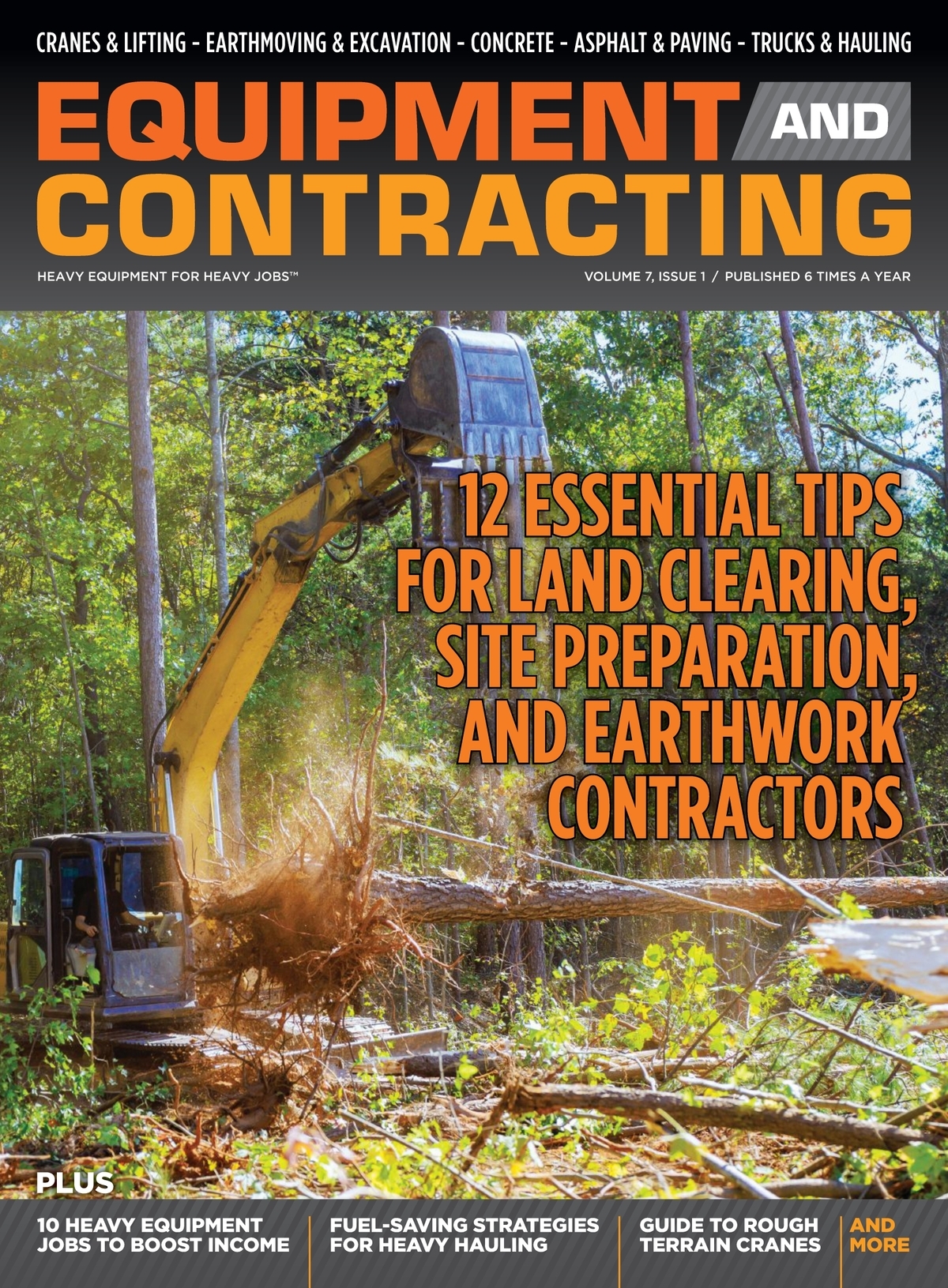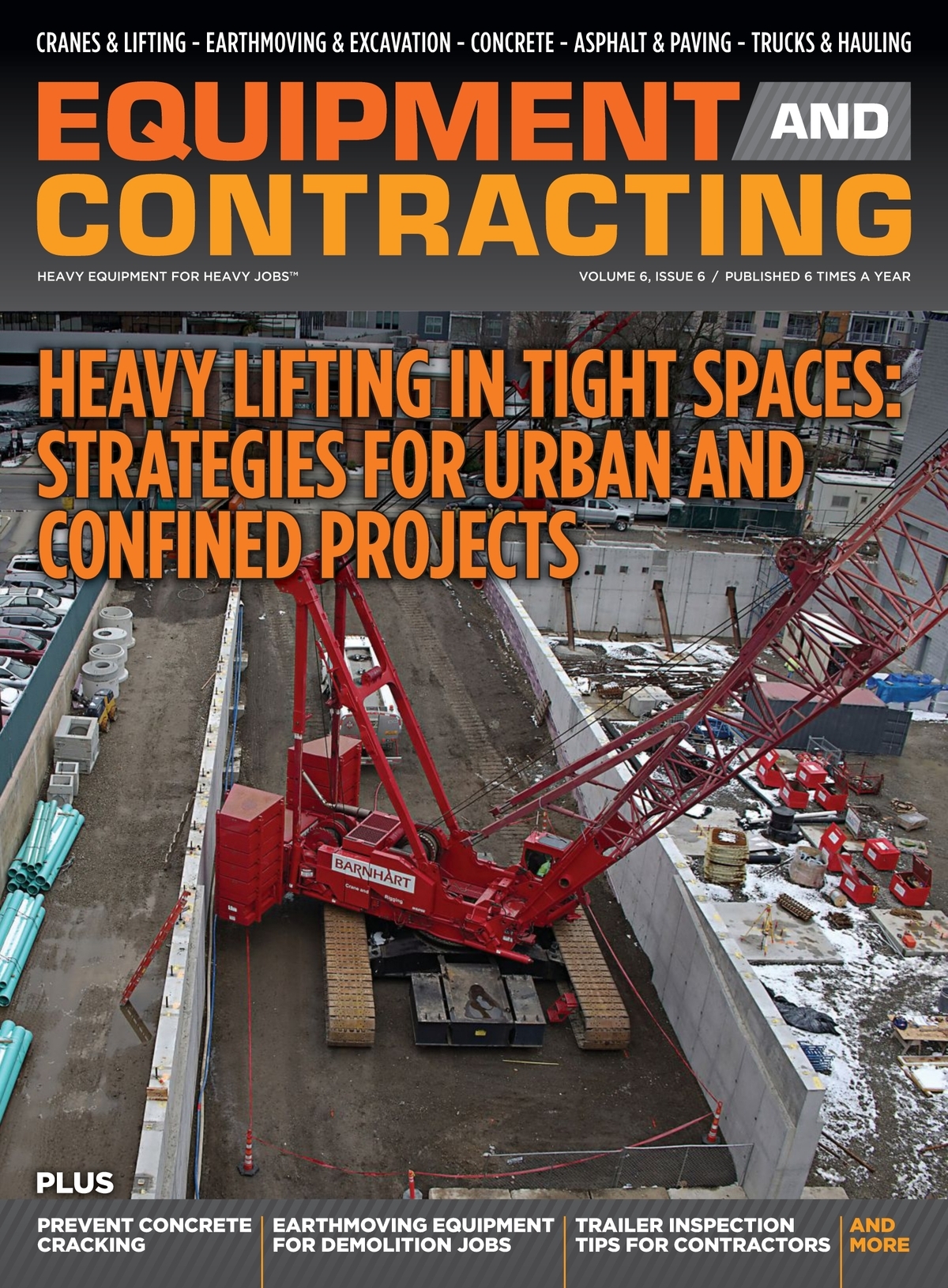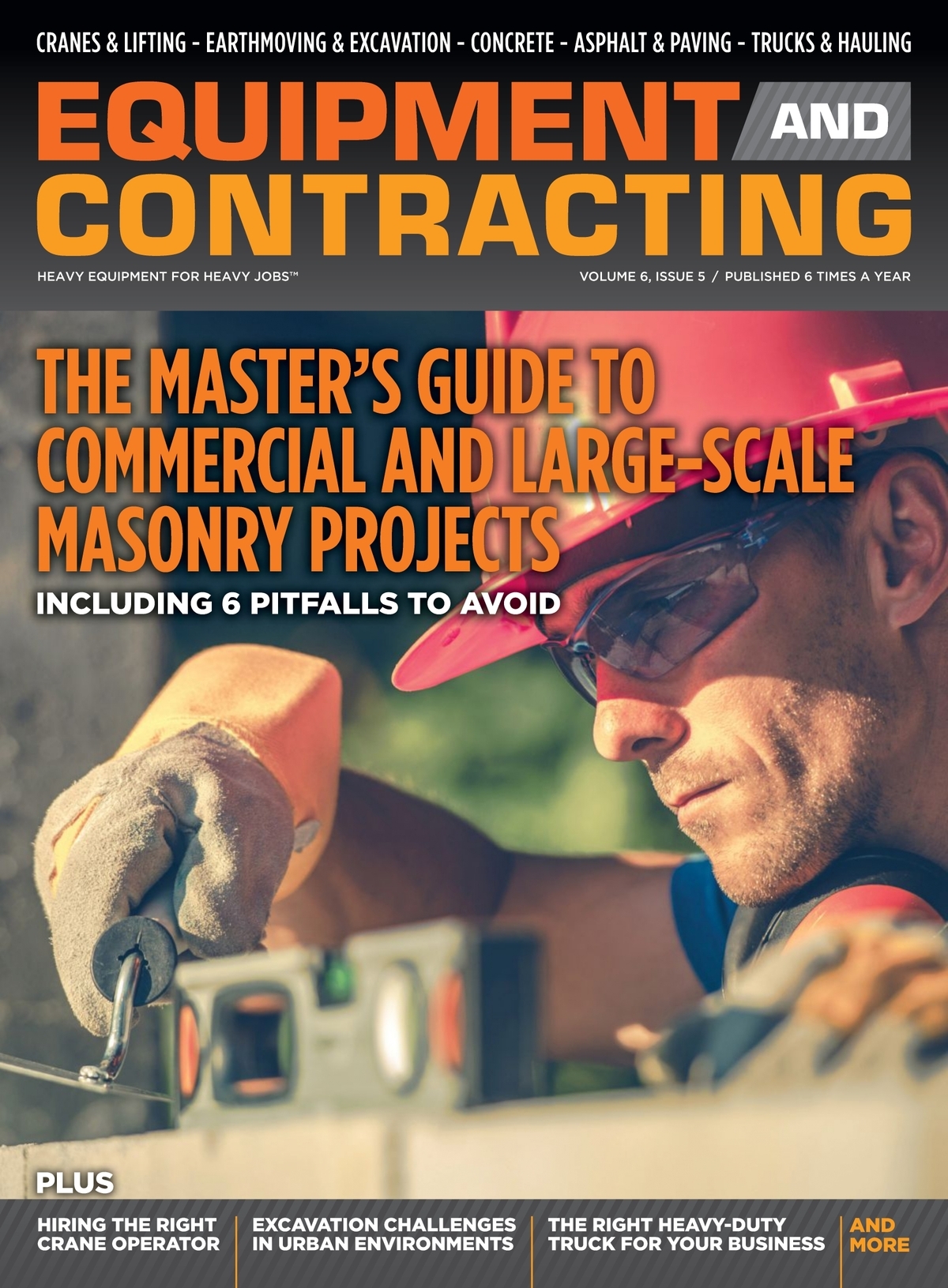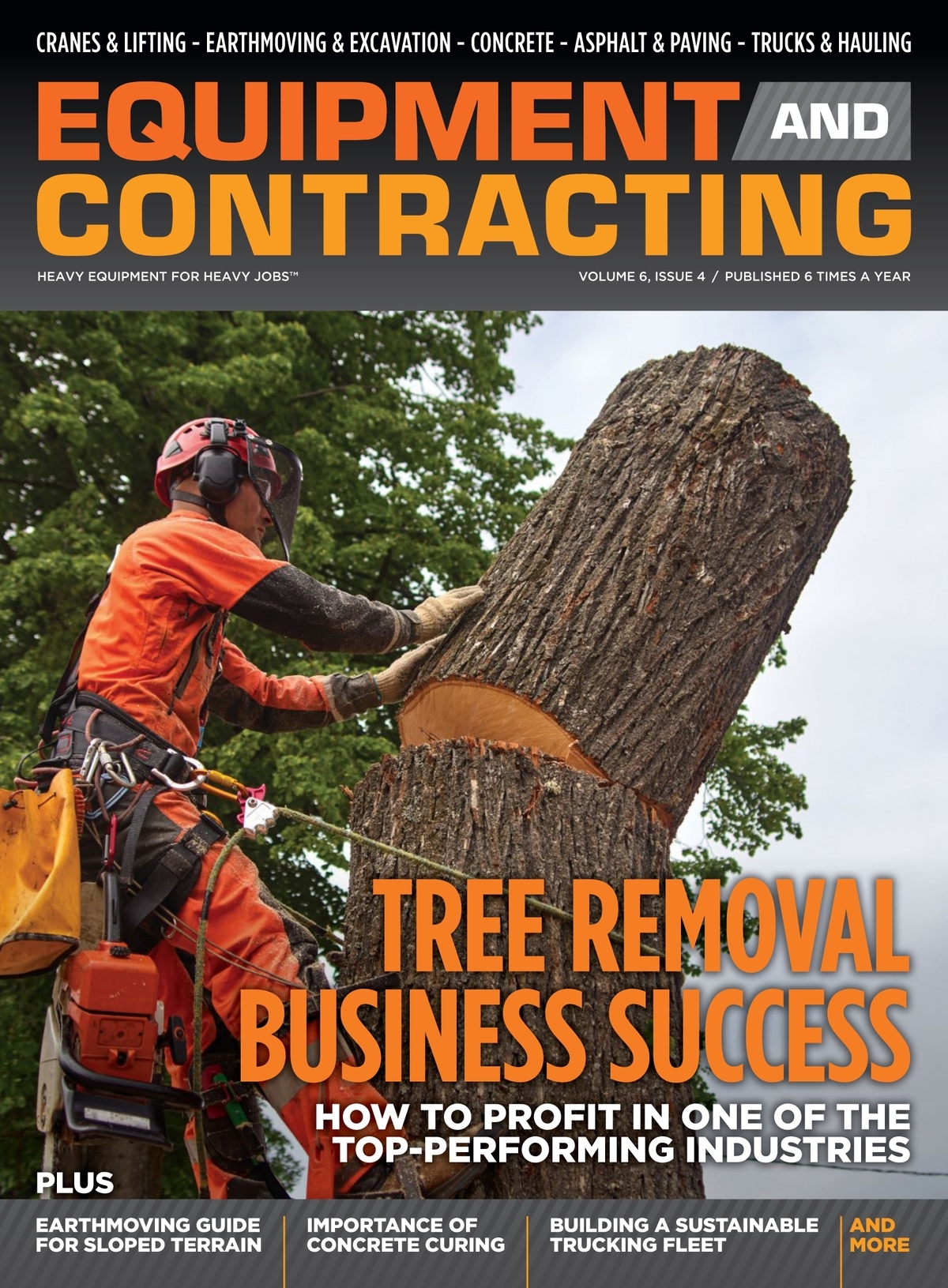
by Mark Rice, esq.
In anything I write here, please do not take my attempt at humor as making light of the dire circumstances we are in. When politicians in Washington stop throwing spitballs and start to compromise and agree, you know a tsunami has hit. And it has. This will be a long, long dialogue, a logistical reboot, and “health first, family first, safety first” rethink of how we live our lives. So a few thoughts before the mandatory “COVID-19″ list of |”do’s and don’ts.”
Yesterday, I went into my office to process the mail – meaning, use the copier to scan and send my mail to my digital assistant; then circulate to my remote secretary to calendar and act on project work; then contact my remote bookkeeper to pay the bills; and request that my remote billing clerk input checks as well as process court-related costs for end of the month billing. We set up our business a few years ago to be virtual and remote, near paperless, as if we were nomadic and galactic all in one. I was ready, I guess, for shelter in place or the new normal. Let me tell you – we get things done.
Before I left the office, I went into the office refrigerator to quench my thirst and found no cold, bottled water. This, I realized, is because the staff member who fills the fridge is working remotely. Undaunted, I checked the bathroom closet, where the cases of bottled water are kept. And what else did I find? Geez, a stash of toilet paper, at least two feet high, 20, maybe even 30 rolls beamed at me. I thought I had found gold, frankly. As an owner of the business, I also am, I believe, an owner of that stash of TP. Yet, my immediate thought was to steal a few from myself. You see, I was down to five Charmin rolls at home, and the grocery stores have all been empty in the TP aisle in my last seven trips to the store. My hand reached out, got close to the rolls, and then I stopped myself and realized, Lord of the Flies can happen to any of us. It just happened to me. I will hold off and let the TP rolls stay where they are. So let’s catch ourselves when that happens!
As contractors, engineers, project owners, and financiers of construction, we make things happen. We build infrastructure to last, make society work better, and build bridges, museums, fire stations, schools, military installations, hospitals, roads, bridges, water pipelines, and sewer works. Modern society depends on the construction industry. The first round of COVID-19 orders recognized these as “essential services.” But now, fear, uncertainty, and “tag, you’re it” bureaucracy is creeping in. No one wants to be accused of being responsible if someone who worked on an essential services jobsite dies. There, I said it. Our industry has a say and must say it.
This article may be outdated by the time it goes to print. It may be prescient or may have missed its mark. The Ouija board of COVID-19 is a grim and indiscriminate reaper indeed. So, “just the facts,” Joe Friday said.
- The “critical path” of real-time knowledge of COVID-19’s spread or flattening is at local hospitals – hospital beds, ICU units, staffing, and ventilators. Those hospitals are providing data to local county and Health & Human Services chiefs many times daily, like counts of the wounded from the front lines of war. That is how war is resourced, and this is, in fact, a health war. So, solutions and length of shelter-in-place are not top-down, military brass to troops, but troops and boots on the ground upward – a day-to-day temperature and health agency reaction.
- American federalism ensures freedom in peace, restraint against war, and autocratic government, and in crisis, relies on rallying the flag, each other, and barn-raising spirits that are hardy, self-reliant, and small community-driven. Think Ben Franklin and the ingenuity of town squares, local newspapers and local fire departments, local schools and local control, and also, Alexander Hamilton’s own clever understanding of the power of size, of national credit, and mobilizing as a team in the way other nations cannot, and marvel at us when we do.
- Watch New York and California, as they will be the models to follow or not to follow if COVID-19 outbreaks close to home.
- Contractors must lobby at all levels – local, county, state, federal, and customer by customer, as some states, like California, are ceding control over “essential services” to agency by agency. User groups, weak bureaucrats, and avoiders may decide if a project, even a very safe project with terrific physical distancing, will go or not.
- Go online and get signed up to the daily COVID-19 email blasts at all levels, including Associated General Contractors of America (AGC), industry groups, local government, and lobby, lobby, lobby. Every bureaucrat has it in them to be Churchill, and they need to hear your voices and take them into account.
- Establish best practices. Make it a daily missive to the troops, as everyone today is a soldier to stop the spread and to build what is essential, so we solve both challenges with courage and resolve in a spirit of “careful, caring, and connected.”
No, I did not steal my own toilet paper. That would be stupid and self-defeating. But I came close. We can all come close in misguided gung-ho or misguided hide-in-the-foxhole. It’s day-to-day. But contractors, engineers, and project owners are key to pulling the nation through this, and usually know, like the medical professionals in the hospitals they build, what that line is, and draw it right. CDC has them.
Top Ten COVID-19 Project Toolbox Guides:
- Enforce physical or social distance of at least six feet.
- Hold daily tailgate meetings to ensure no laxness. Remove crew to sit at home without pay for the balance of the day on a second violation.
- Add safety personnel to each project.
- Upgrade the safety manual – California and other states now require a jobsite posting of COVID-19-required distancing and sanitizing.
- Use hand sanitizers.
- Talk with staff first thing, then project owner, daily or twice a day.
- Keep a key staffer on the email blasts about changes in COVID-19 trajectories – that will spell tomorrow’s project status.
- Review contracts, in particular “force majeure” or “major, unforeseen event” clauses.
- Respond within 24 hours, if not the same day, to all “tag, you’re it” notices from others seeking to create risk or blame shift to your team.
- When in doubt, stand down and re-assess. All good leaders do. Listen to your team and listen to your team’s input from their families, as the COVID-19 policies are driven as much at the household level and the hospital level as at the project level.
- Be open. Your humanity is why folks work for you. Let it be known you are in it together.

